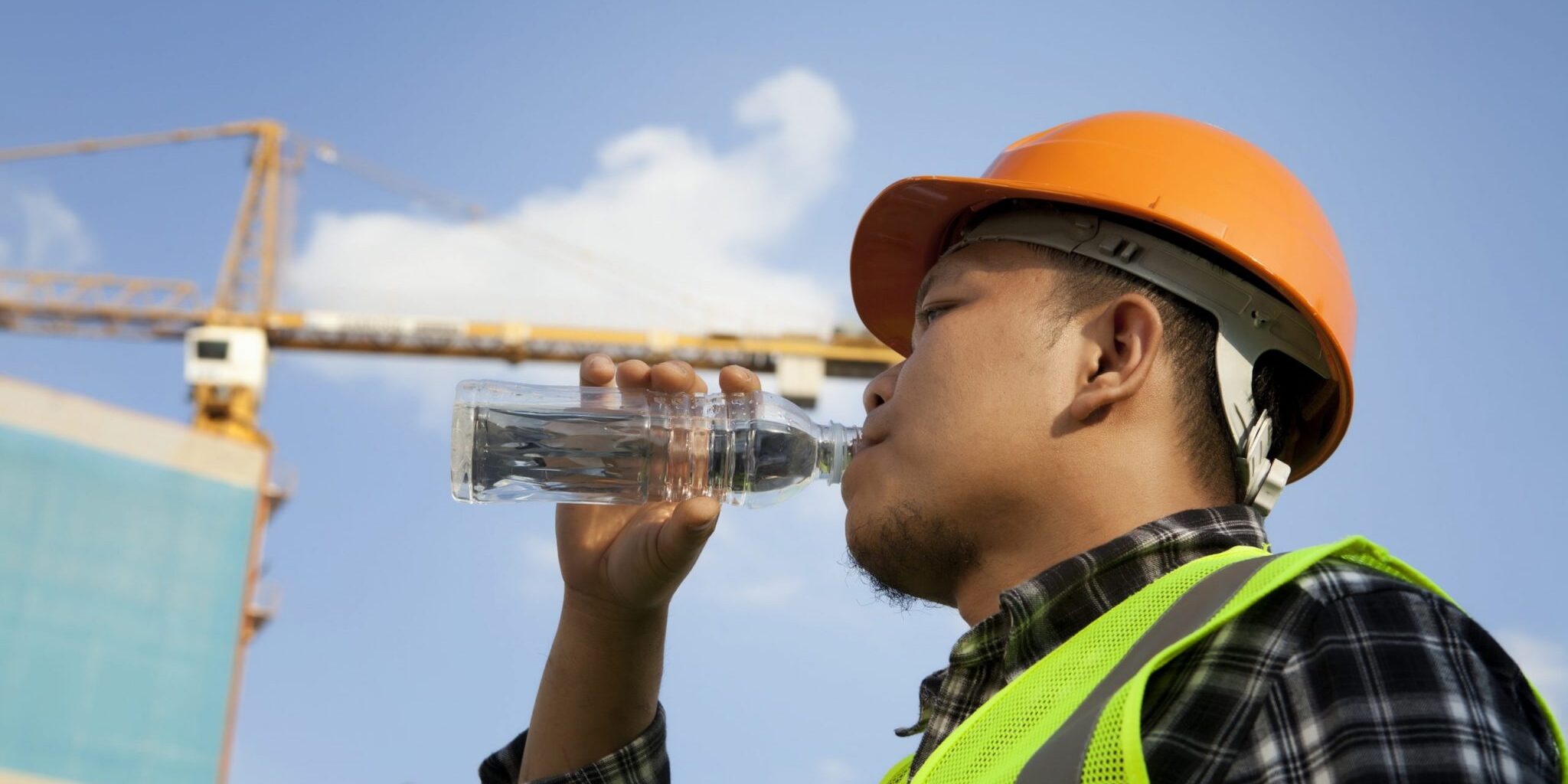
Public Health and Equity Impact of Climate Change Highlighted as Regional Organizations Launch Summer Heat Preparedness Week
Metropolitan Area Planning Council, Museum of Science & Mystic River Watershed Council initiative will inform Greater Boston communities about extreme heat risks and solutions
For immediate release: May 25, 2021
BOSTON – With memories of last summer’s record temperatures still fresh and Summer 2021 off to a hot start with temperatures already hitting 90 degrees over the weekend, a coalition of Greater Boston non-profit organizations and institutions are collaborating on a week of talks and activities designed to help communities and individuals understand the risks of and prepare for another season of heat.
The Metropolitan Area Planning Council (MAPC), Museum of Science (MOS) and Mystic River Watershed Council (MyRWA) last night launched Heat Preparedness Week with a virtual public forum titled, “From Snow Days to Heat Waves: Climate Impact on Heat & Health in the Boston Area." The rest of this week will feature additional daily programming designed to elevate issues of climate change and extreme heat just ahead of the unofficial start of summer on Memorial Day. Program partners will also be sharing resources covering individual and institutional ways to beat extreme heat.
Funded in part by the Commonwealth’s Municipal Vulnerability Preparedness Program, speakers at last night’s forum explored the intersection of climate change, heat and health.
“Massachusetts residents are already experiencing the impacts of climate change in their communities, and through key initiatives, such as the Municipal Vulnerability Preparedness Program, the Baker-Polito Administration is working with cities and towns to address climate impacts such as extreme heat while ensuring adaptation solutions are equitable and effective,” said Massachusetts Executive Office of Energy and Environmental Affairs Director of Climate Adaptation and Resilience Mia Mansfield, who delivered welcome remarks last evening. “The Administration is proud to provide needed technical and financial support to several important projects in the Boston area focused on increasing temperatures, and we look forward to continuing our work with regional and municipal partners to build a more resilient Commonwealth.”
MAPC, MyRWA and MOS designed Preparedness Week (May 24- 28) programming in the wake of June, July and August 2020 temperatures that were the hottest on record in Massachusetts, according to National Oceanic and Atmospheric Administration data. Heat Preparation Week also follows MAPC research showing that last summer’s extreme heat was especially hard on poorer, urban neighborhoods, since the COVID-19 pandemic restricted options for relief such as public splash pads and cooling centers.
In addition to Mansfield’s remarks, last night’s event included discussion of an array of topics and programs with public and private sector speakers, including MAPC’s Jeanette Pantoja (Heat, Health, and Climate Change); Sara Benson of the MOS and Joey Williams of CAPA Strategies (Wicked Hot Mystic); Boston University’s Patricia Fabian, Ibrahim López-Hernández of GreenRoots, and Ben Cares of the City of Chelsea (Indoor Heat and Social Vulnerabilities); and Zoe Davis from the City of Boston (Heat Resilience Study).
“Extreme heat is one of the deadliest weather events in the US. Capable of exacerbating existing health conditions, the increased temperatures and more frequent heat waves associated with a warming climate hit low-income communities much harder – a symptom of historic disinvestment that has resulted in less green space, fewer street trees, and inadequate housing and cooling infrastructure.” MAPC Deputy Director Rebecca Davis said. “We value this work with our partners and community members on the ground to expand education, awareness, preparedness and investments in the region now so we can start to make a real difference.”
“Extreme heat is a difficult climate hazard to discuss and plan for because it’s not something we can see, yet it increasingly affects how we feel,” said Tim Ritchie, president Museum of Science. “The Museum is proud to partner with MAPC and MyRWA in gathering important data around this issue so our communities can create better resiliency plans to cool our region and reduce the public health risk. In addition to gathering vital data, this project is critical in building awareness and empowering action by involving the community in every step of the process.”
“The most vulnerable in our population are consistently disproportionately impacted—whether it is from COVID-19 or climate change impacts. We are committed to changing this narrative for our community members, particularly focusing on environmental justice communities who are already overburdened,” said Melanie Gárate, Climate Resiliency Manager at the Mystic River Watershed Association. “Through the Resilient Mystic Collaborative, we are planning and prioritizing regional projects to foster resilience for both people and place.”
Each day during Heat Preparation Week will focus on a specific theme:
- Monday, May 24: Climate Change and Increasing Heat
- Tuesday, May 25 – Climate Equity, Heat and Housing
- Wednesday, May 26 – Public Health and Air Quality Impacts
- Thursday, May 27 – Impact of Heat on the Electricity Grid – Energy Efficiency, Weatherization and Peak Demand
- Friday, May 28 – Keep Cool Solutions and Call to Action
For more information about each day’s programs, please click here.
Press Contacts
Amanda Linehan
Communications Director
Metropolitan Area Planning Council (MAPC)
[email protected]
Carrie-anne Nash
Director, Public Relations
Museum of Science, Boston
[email protected]
Michelle Liebetreu
External Affairs Director
Mystic River Watershed Association
[email protected]
